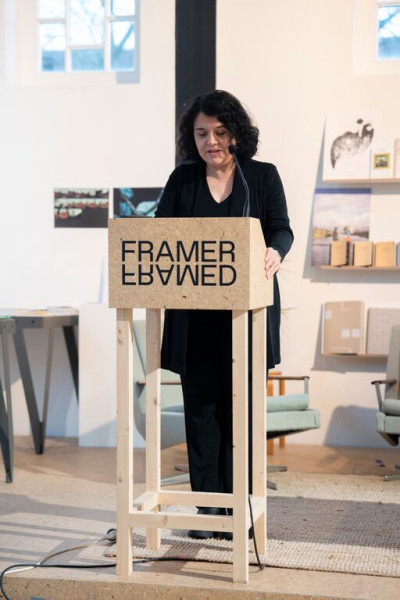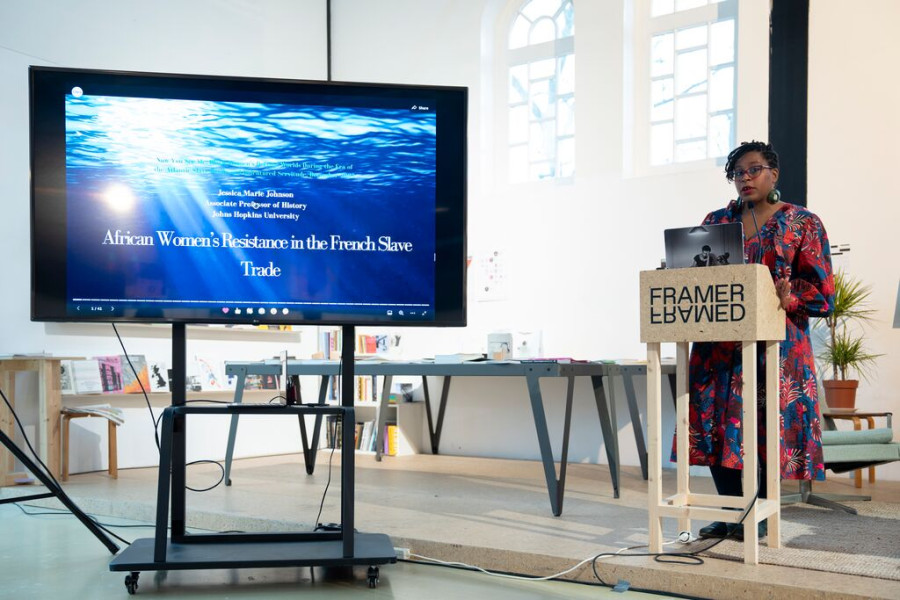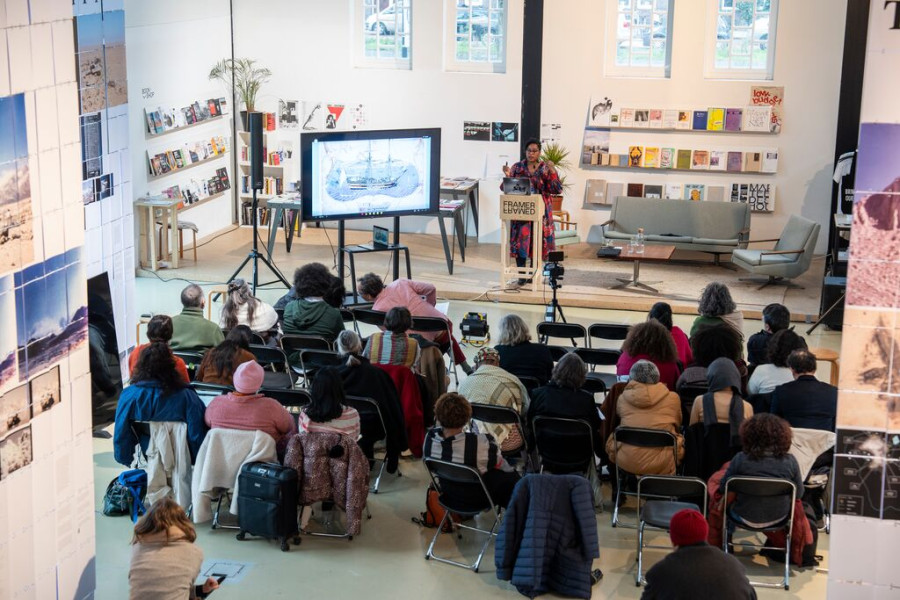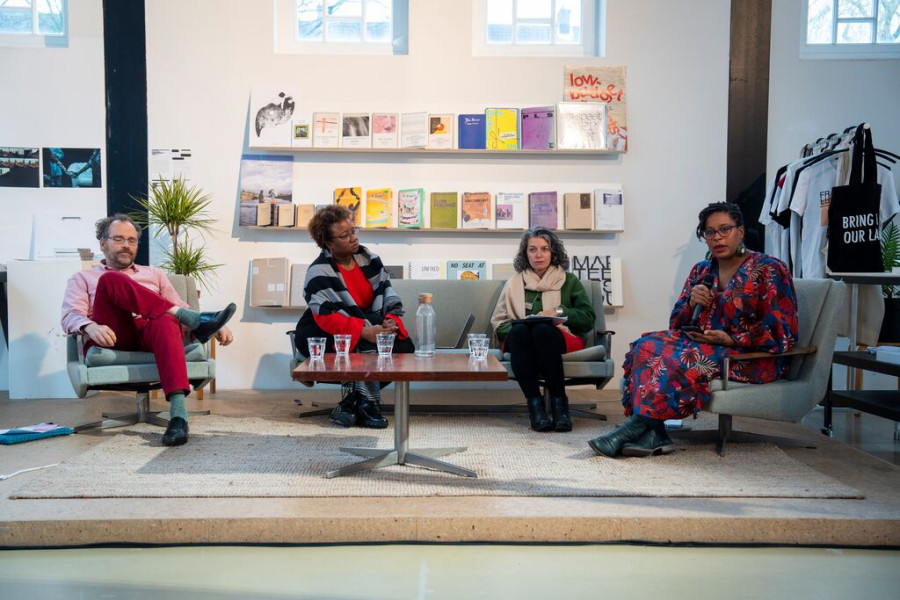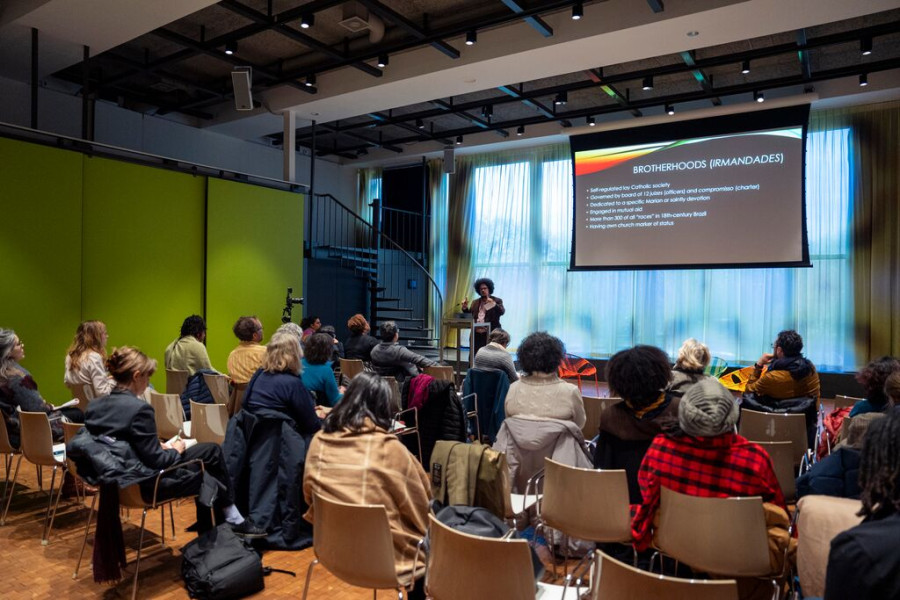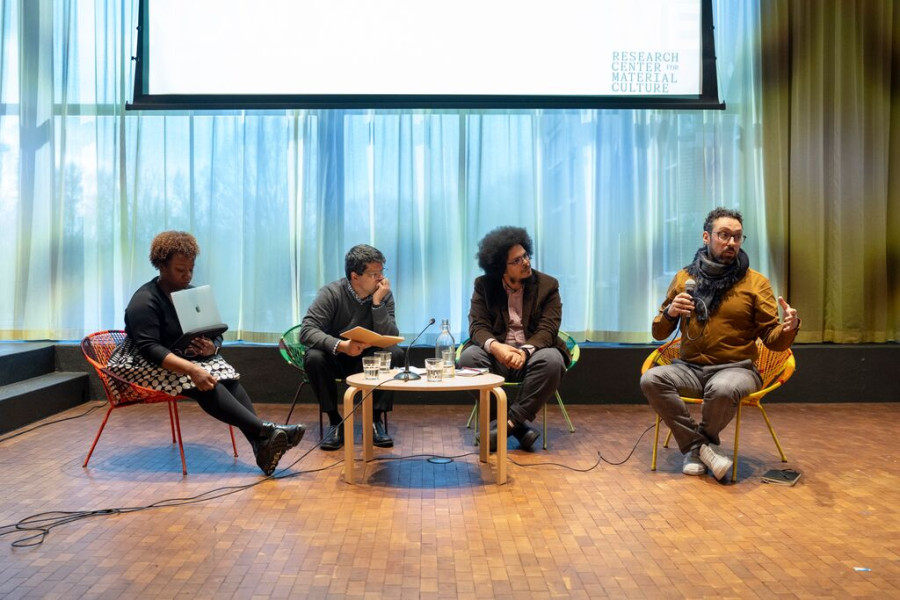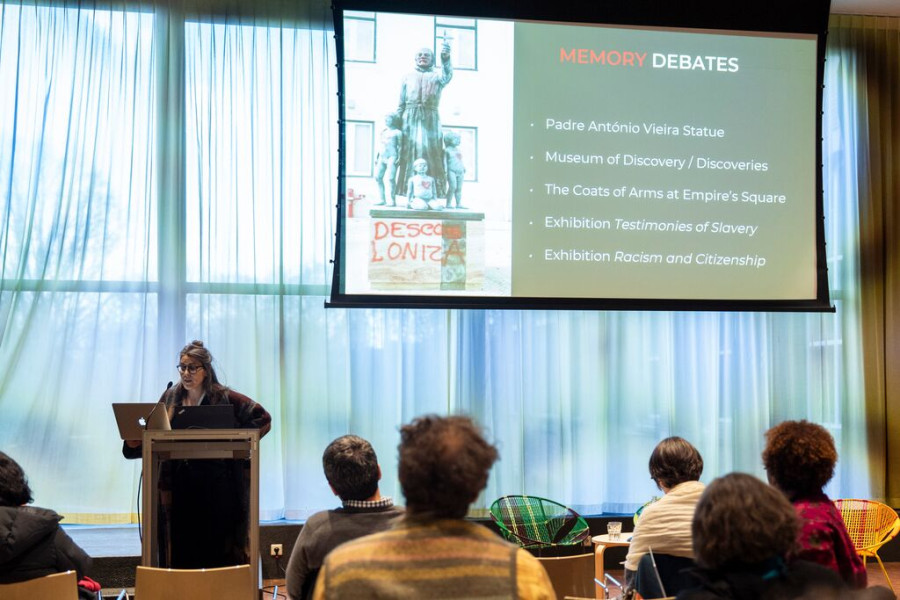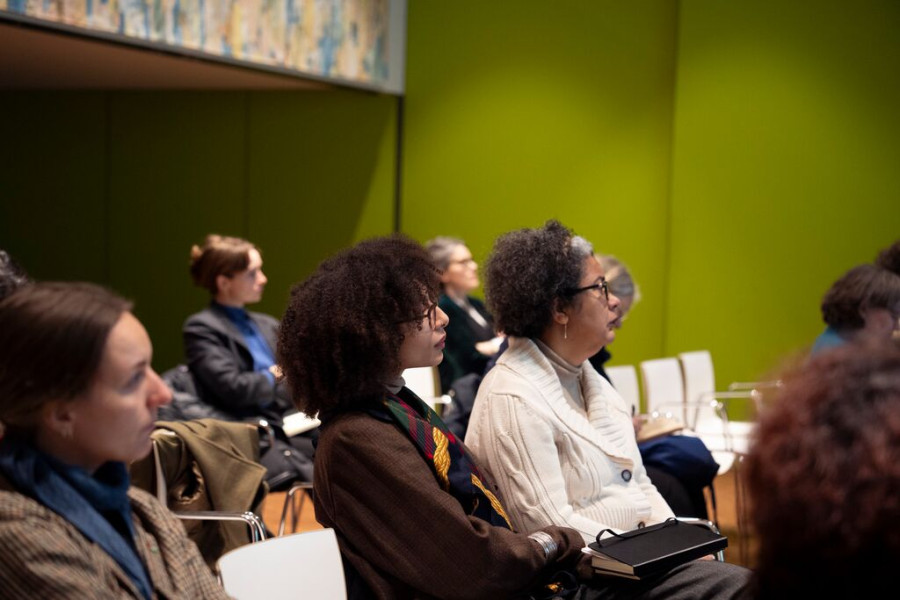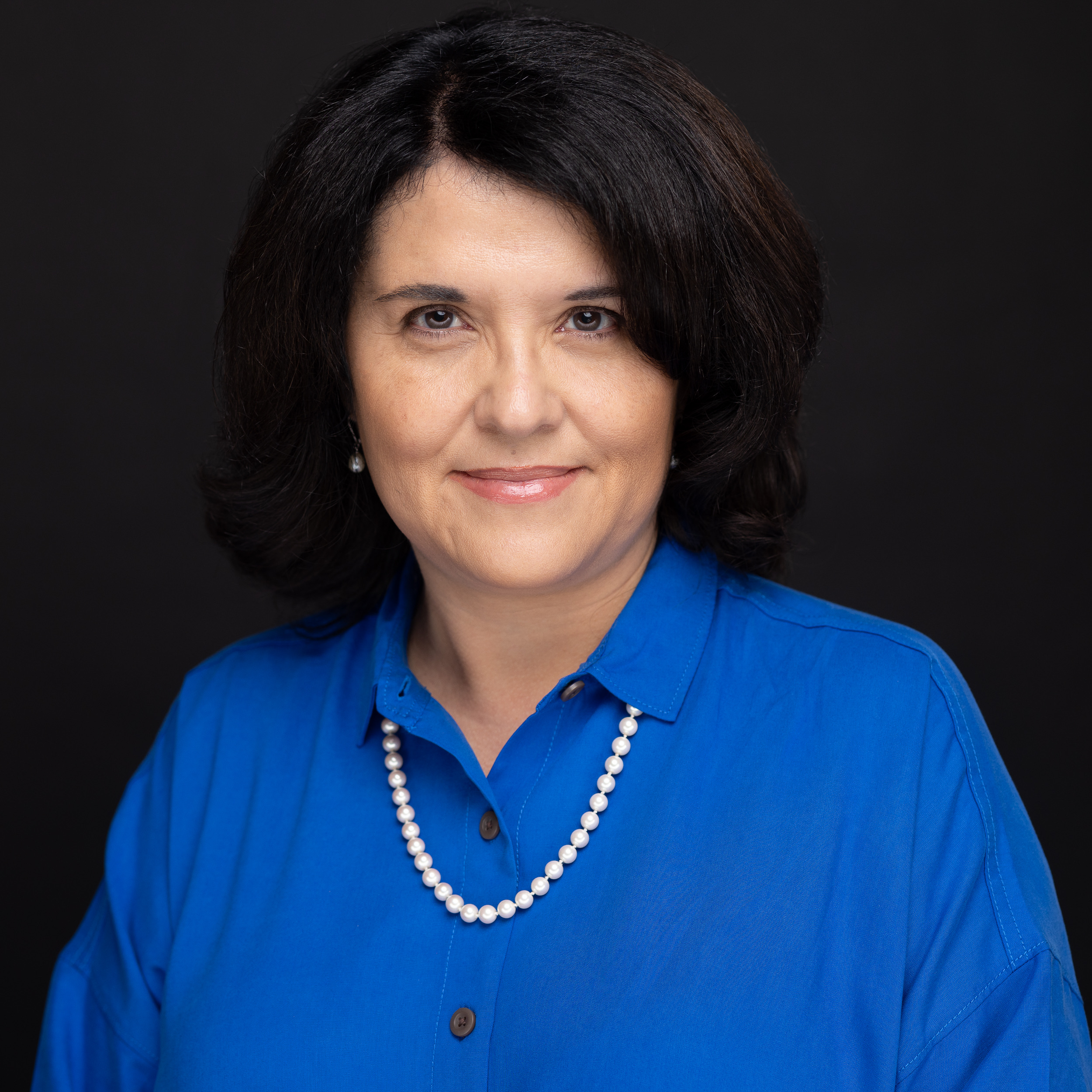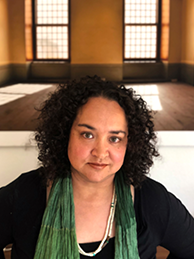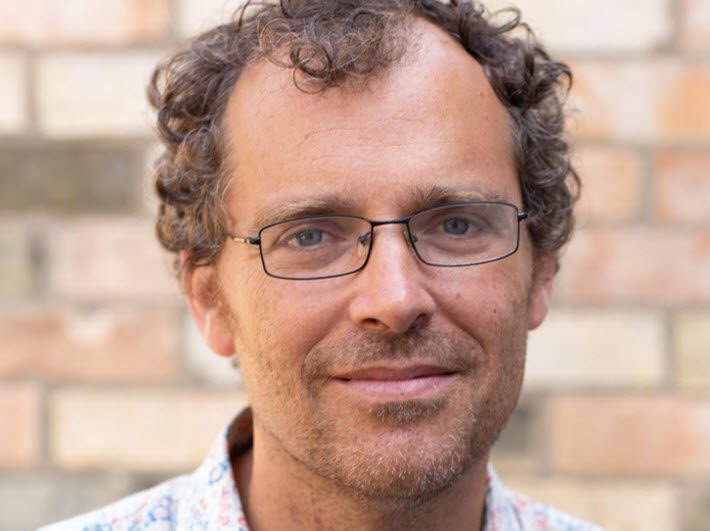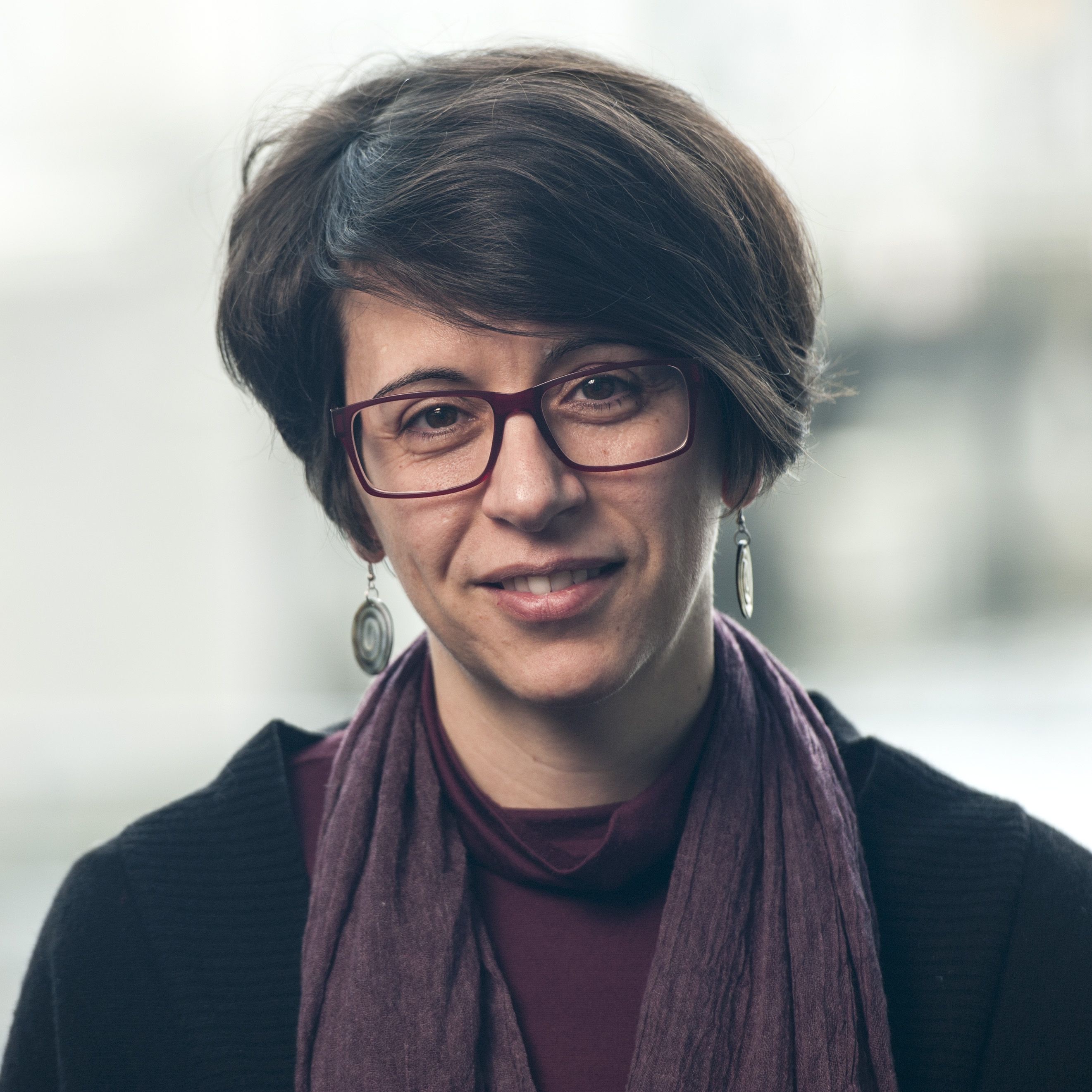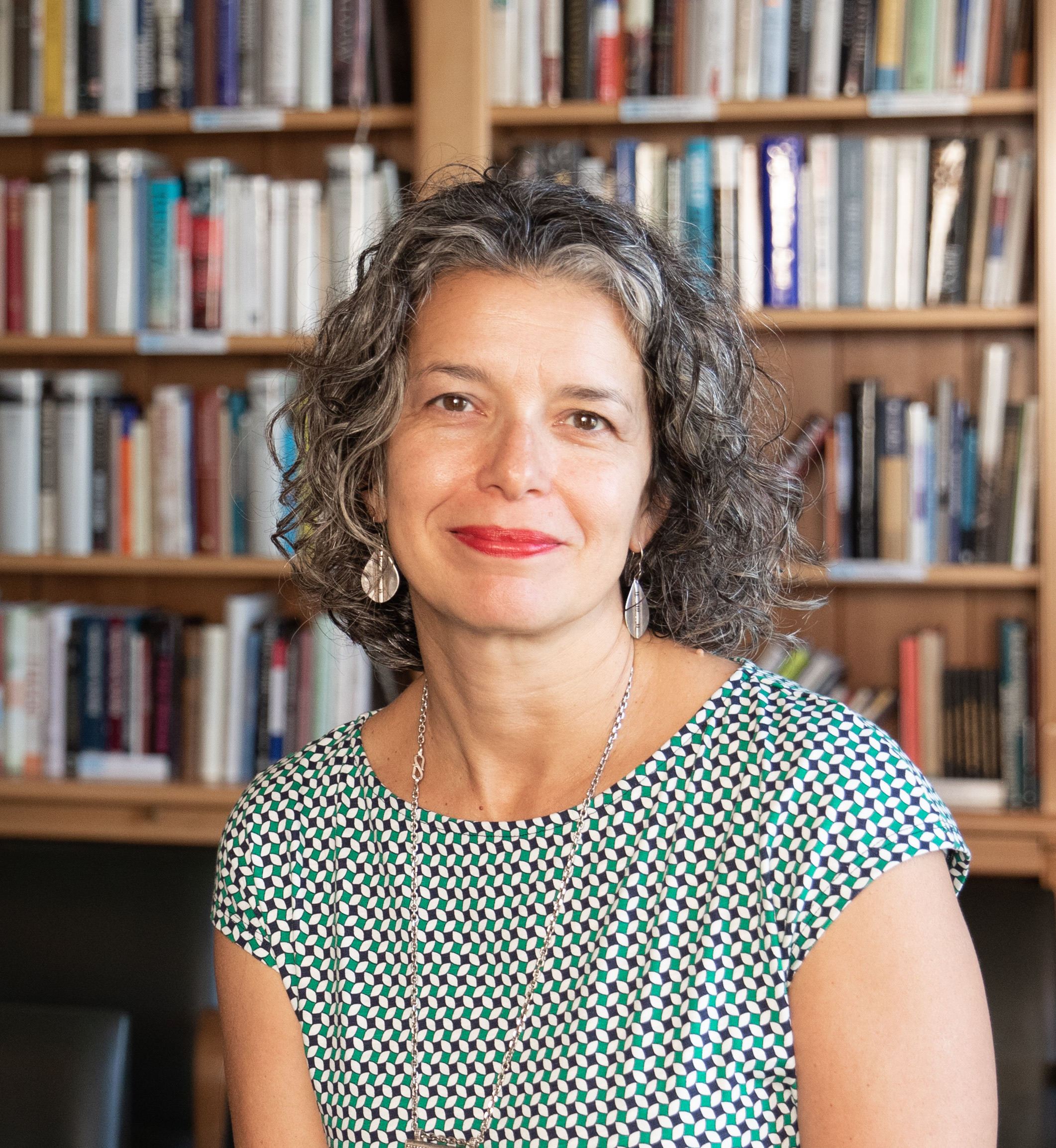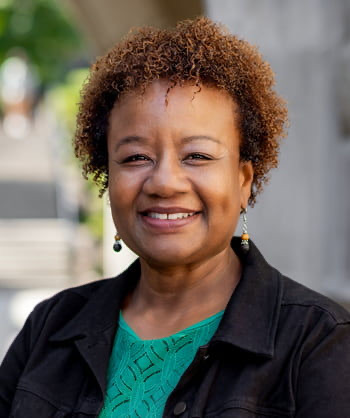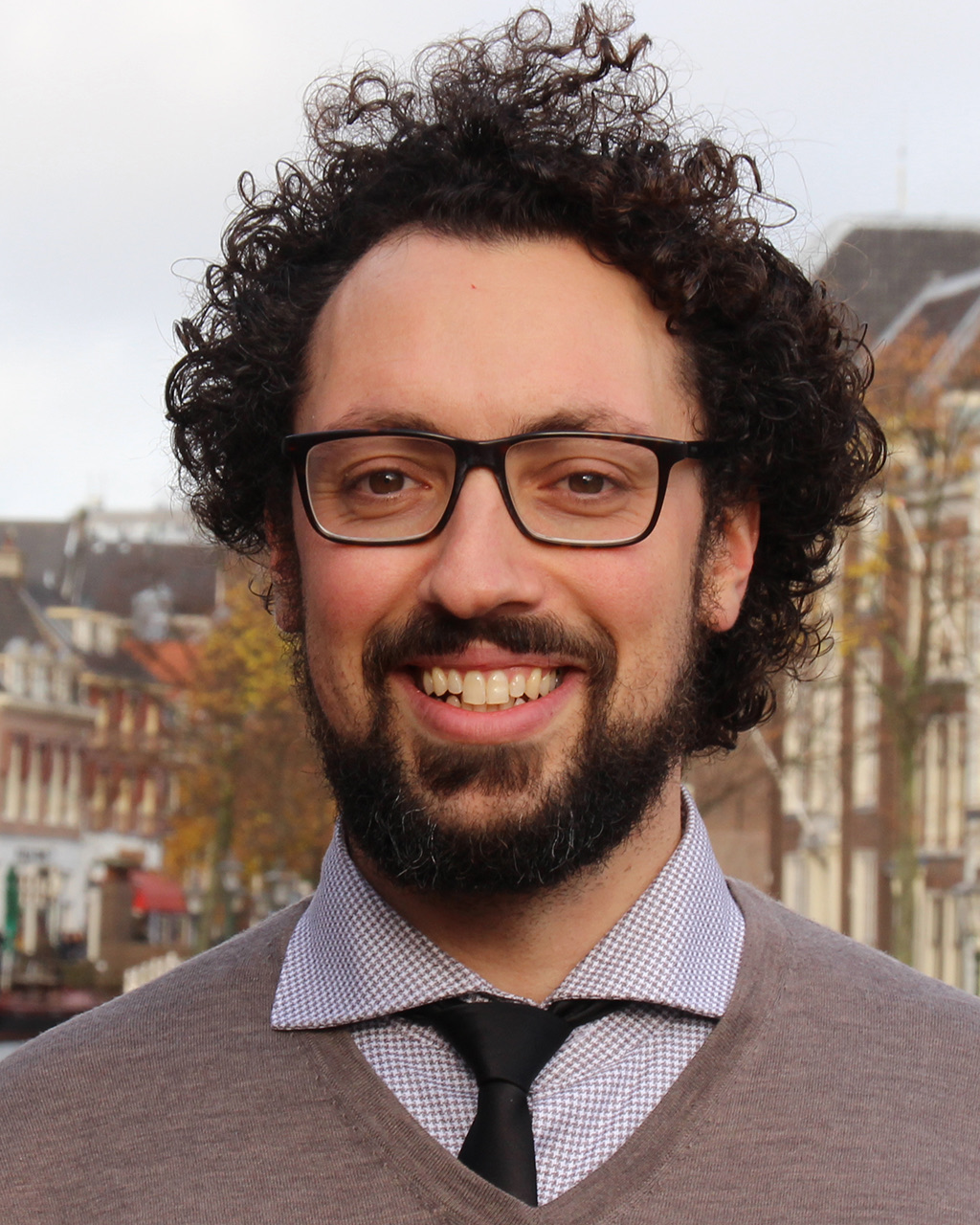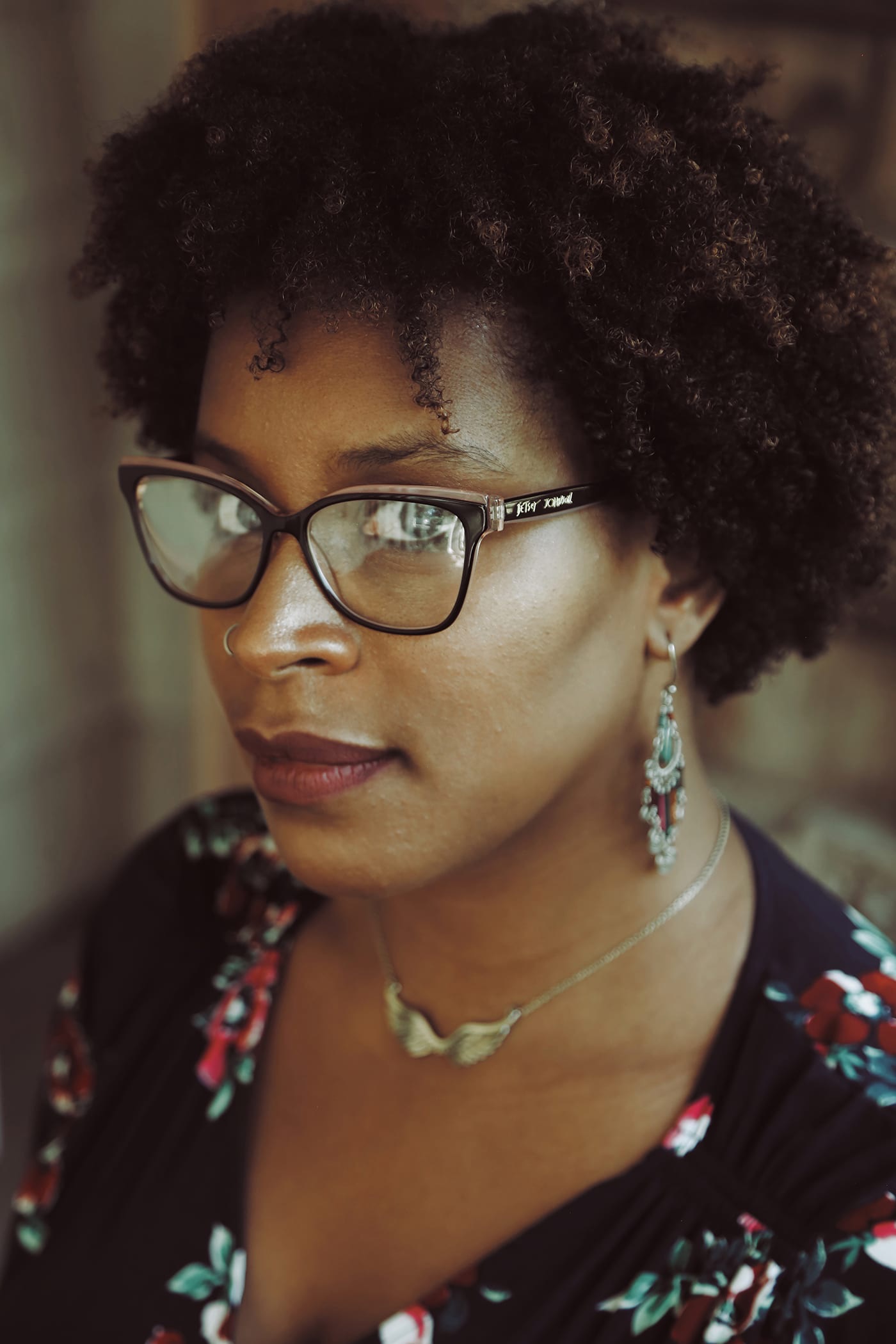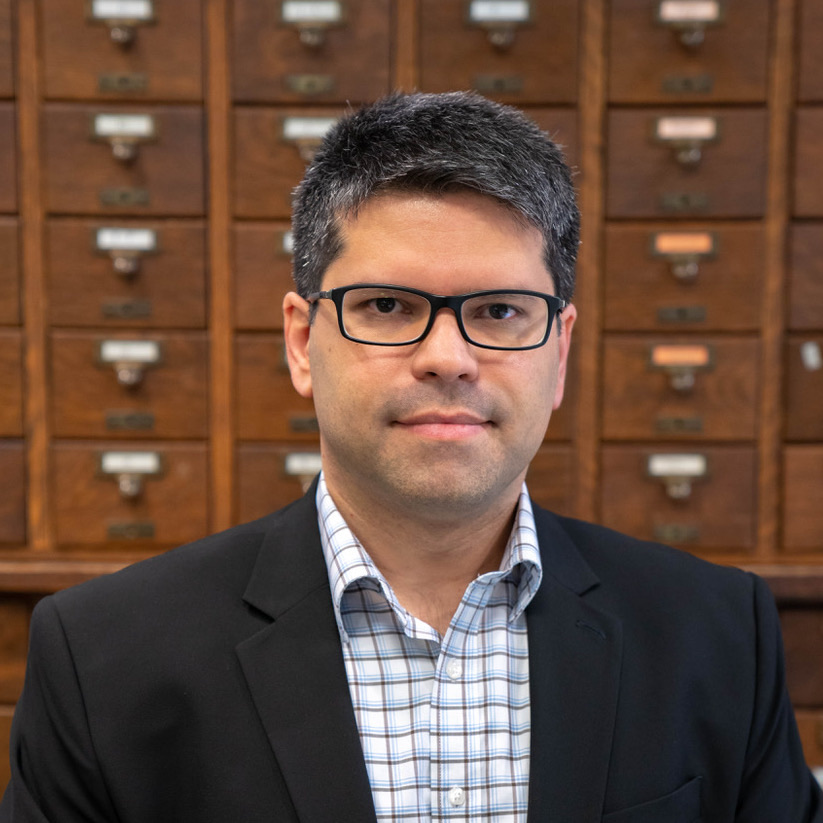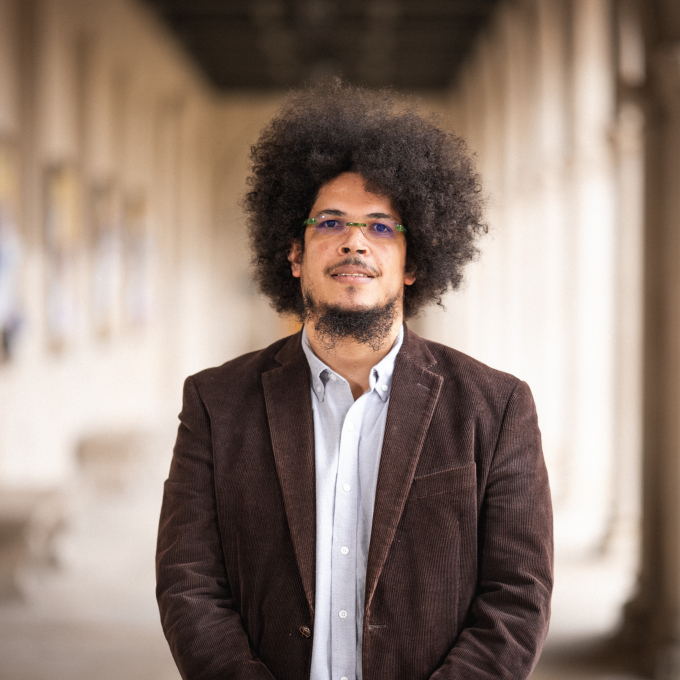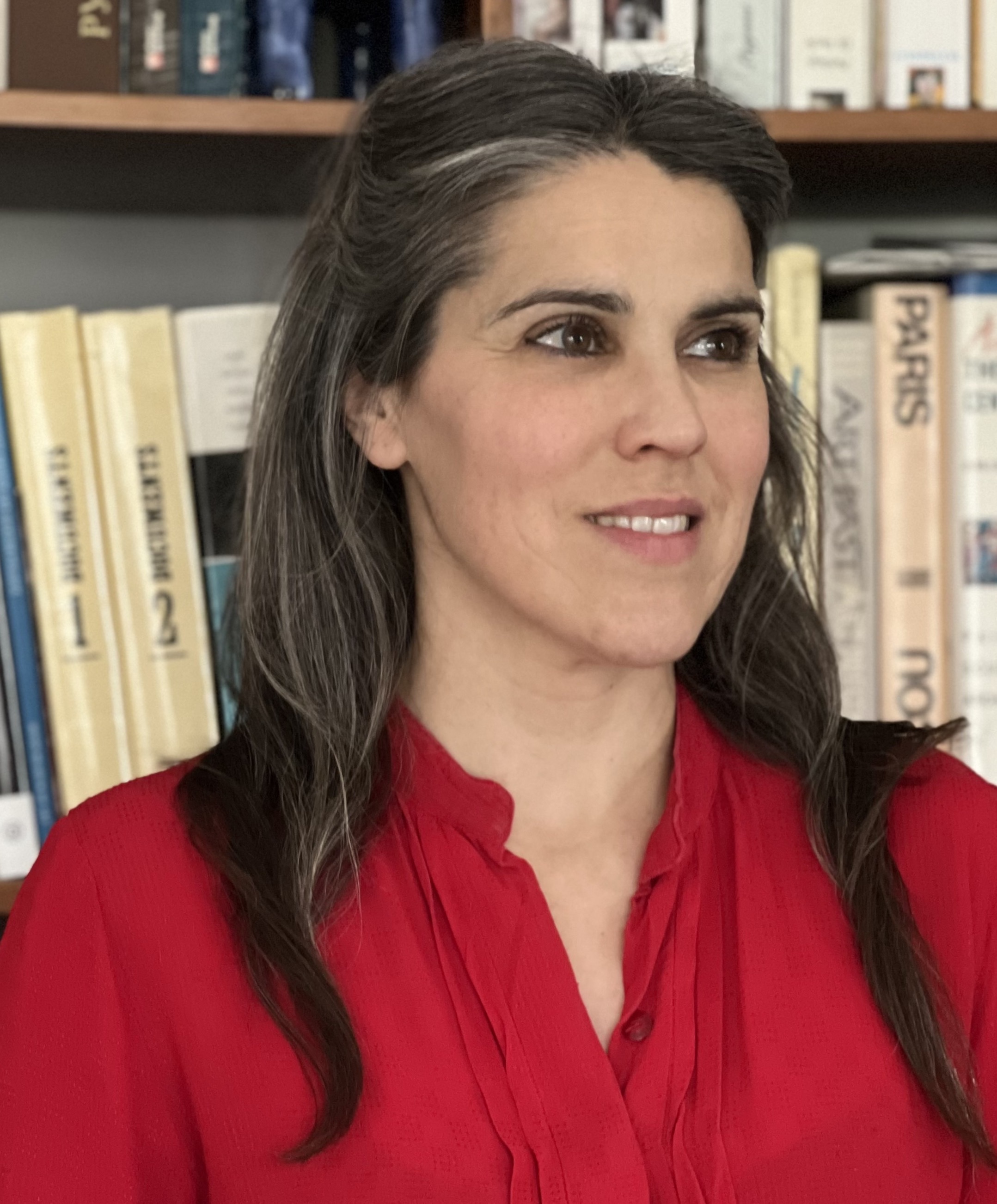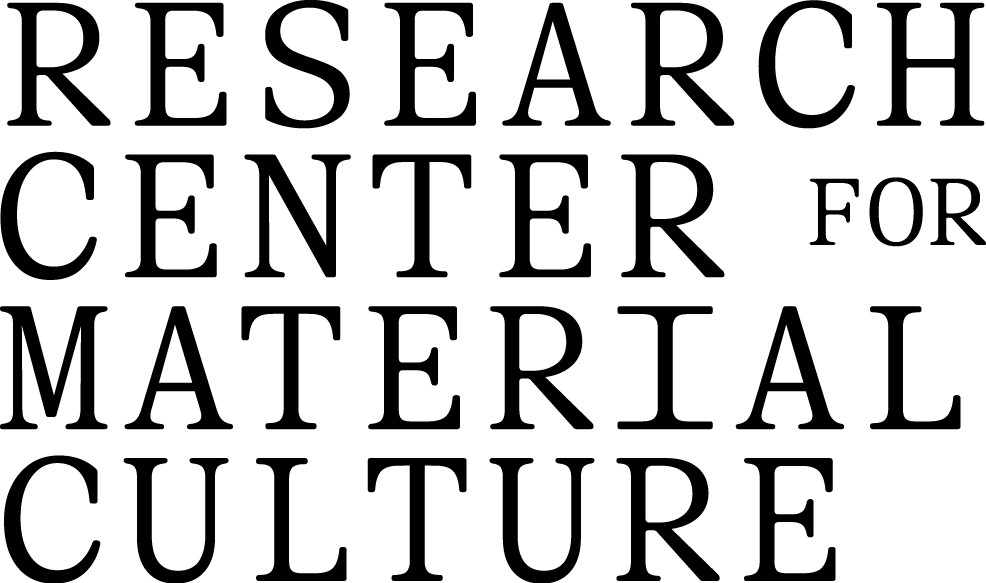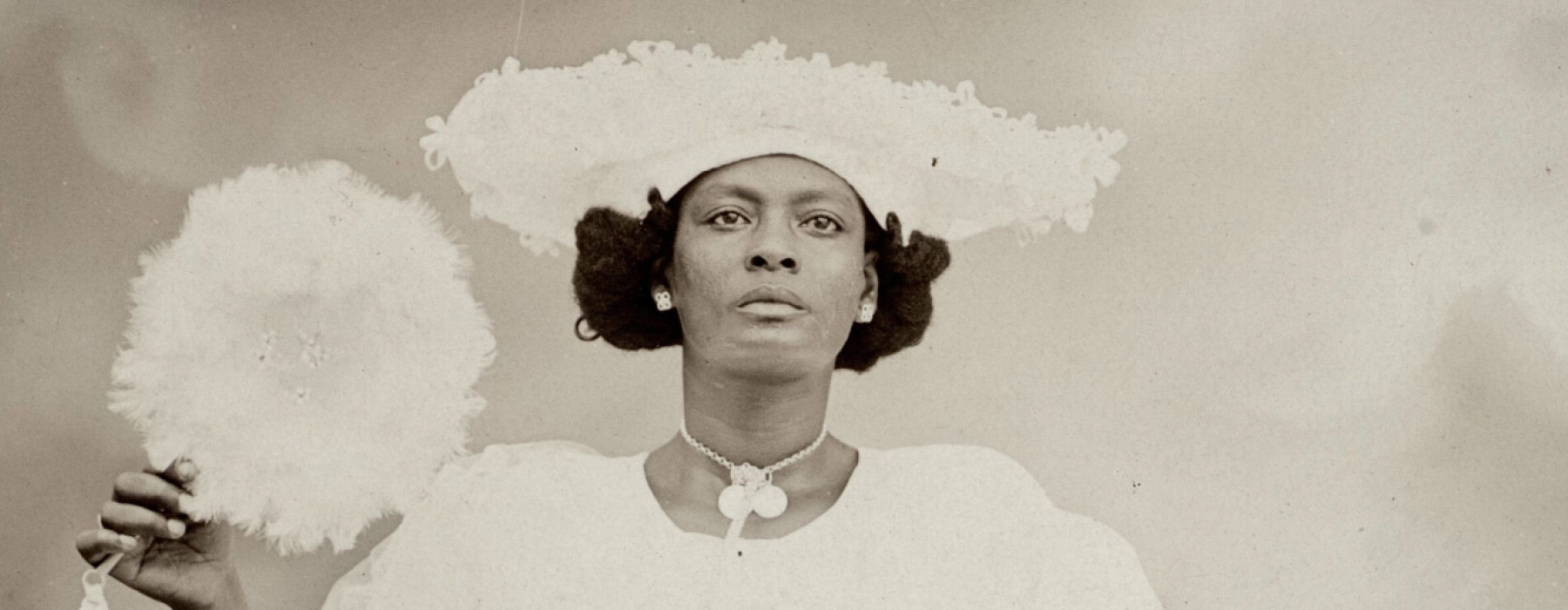
Ana Lucia Araujo, PhD, FRHistS, is a Professor of History. A social and cultural historian, her transnational and comparative research explores the history and the memory of the Atlantic slave trade and slavery and their present social and cultural legacies. She was trained in Brazil, Canada, and France with a PhD in History and Social and Historical Anthropology (2007), a PhD in Art History (2004), an MA in History (1998), and a BA in Visual Arts (1995). Her past and present research interests include reparations for slavery, as well as public memory, heritage, visual culture, and the material culture of slavery. She wrote and extensively published on these themes in English, French, Portuguese, and Spanish. She also lectures and presents her work in these languages in the United States and other countries including Brazil, Argentina, England, France, South Africa, the Republic of Benin, Germany, Spain, Switzerland, Portugal, and the Netherlands. Her work was translated into German and Dutch as well.
A recipient of a Getty Residential Senior Scholar Grant, Professor Araujo was in residence at the Getty Research Institute, Los Angeles, CA, US from January to June 2023. She was a member of the School of Historical Studies at the Institute of Advanced Study (funding provided by the Gladys Krieble Delmas Foundation), Princeton, NJ in Spring 2022. She also received the Franklin Research Grant of the American Philosophical Society (2021/22). The fellowship and the grants supported the research for her book The Gift: How Objects of Prestige Shaped the Atlantic Slave Trade and Colonialism (forthcoming with Cambridge University Press in 2024). Her research was also supported by various other agencies in Brazil, and Canada, including the Fonds de recherche Société et Culture (Canada), the Social Sciences and Humanities Research Council (Canada), Coordenação de Aperfeiçoamento de Pessoal de Nível Superior (CAPES, Brazil), and the National Council for Scientific and Technological Development (CNPq, Brazil).
